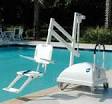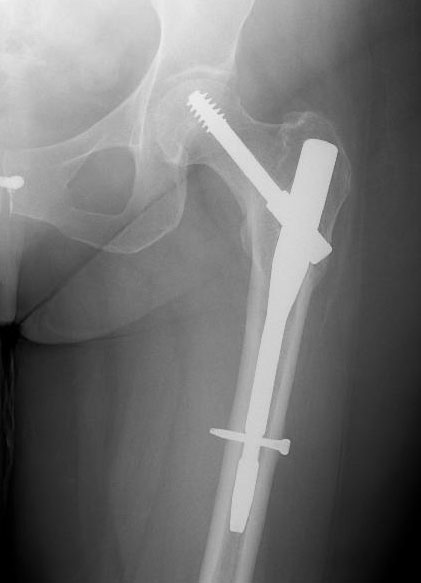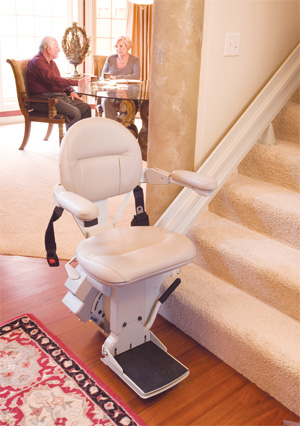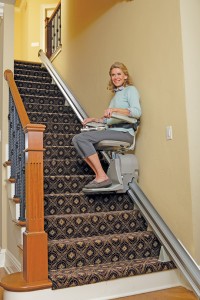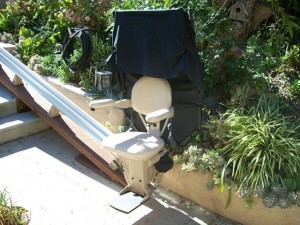As we move past the pandemic and begin to resume normal everyday life, there are some habits and hygiene that should follow each and every one into the future. From handwashing to social distancing, there are some habits learned from COVID-19 that make sense moving forward for holistic health and wellbeing now through post-pandemic.
Coronavirus has certainly changed the way that we all do things now, from visiting the doctor to the way we bid family and friends goodbye. The stay-at-home orders and social distancing have forced both citizens and businesses to get creative, while also adhering to the guidelines asserted by municipalities and the federal government, including the CDC (Centers for Disease Control and Prevention). Where do mobility aids and devices fit in to this equation?
Here are some COVID-19 habits that should be adopted moving forward:
Healthy Hand Hygiene
Are you still following good hand hygiene guidelines? Washing hands with hot, soapy water is a good start; but you may need to incorporate disposable paper towels and alcohol-based sanitizer, as well. The lack of handwashing supplies continues to be unpredictable, primarily due to the demand, but some retailers are restocking these essentials so keep an eye out to refresh your own stash of these products.
Washing hands for a full 20-seconds each time you come in or leave the home can help. Some have resorted to wearing disposable gloves when out and about or when in contact with someone else. Wearing gloves can be a helpful way to prevent transmission if someone in the home is feeling under the weather. The best habit that you can carry forward is frequent and thorough hand washing with hot water; it is that simple.
Safety and Sanitization
Along with sanitizing your hands comes sanitization of other surfaces around the home- including your mobility aids, too. Invest in alcohol-based wipes to clean and sanitize handles, handlebars, remotes, levers- any areas that are frequently touched by hands. Talk to your mobility vendor or consult with the manufacturer’s recommendations for products that will clean and sanitize these surfaces safely and without doing damage to the device.
Social Distancing
Seniors with compromised immune systems benefit from Coronavirus-era social distancing guidelines. The implementation of this regulation widely could prevent transmission of a lot of illnesses, germs, and bacteria- including COVID-19. While it has taken people a while to understand and embrace social distancing, many regions continue to prohibit large gatherings of more than ten people- or have limits on the number of patrons, guests, or shoppers allowed in a venue at one time.
It makes sense to stay a few feet away, and to curb kissing, hugging, and handshakes, while the pandemic still poses valid risks for seniors or other populations. As we adjust to saying goodbye with a wave or showing affection by blowing a kiss rather than close personal contact, the risk for contracting illness during this difficult time is hopefully being reduced widely.
Protective Face Masks
When you do go out in public, do you wear a face mask? The jury is out on whether handcrafted face masks curb the risk of transmitting COVID-19, but since it is droplets of saliva that carry this virus, it could be an effective protocol to continue practicing when out in public places. Furthermore, it helps keep your own body fluids contained, which may help protect others from you, as well.
Need a mask? These can be found crafted by artisans and sewing hobbyists across the globe; check online selling platforms to find inexpensive masks that are machine washable, too. It is important that you wash the mask frequently when worn to prevent respiratory illness. Want to make your own? There are dozens of online tutorials that can instruct you how to make your own mask- whether you sew or not.
Simply Stay at Home
Another effective strategy to combat the spread of illness is to simply stay at home. While you may have essential business to conduct, it makes the most sense and is safest to simply avoid unnecessary travel, trips, and activities until the risks have subsided. When will this be? While it is purely speculative, those at risk for serious medical issues, like seniors or those with health conditions, should plan on staying at home as much as possible in the imminent future, per the CDC, and limit non-essential business outside the home whenever feasible.
Experts suggest that it takes approximately 30 days for a behavior to become instilled as a habit. Since the pandemic has lasted well beyond a month, many of us are engaging in hygiene habits and Coronavirus protocols instinctually and without reservation. Can these practices keep you safe and healthy beyond COVID-19? Health care professionals say ‘yes’ and encourage us all to continue being vigilant in this time of uncertainty.
When the fear of COVID-19 passes, don’t forget about some of the habits learned during the pandemic. Many of these protocols make sense moving forward, to ensure safety and illness prevention in the future. To learn more, talk to the professionals today at Pacific Mobility; they offer insight and expertise into mobility aids and equipment to help make life safer, easier, and more accessible.
President, Husband, Father, Grandfather Graduate of UC Davis- Bio Sci Major- Go Aggies! Jeff has extensive experience in all of Pacific Mobility’s products and services, and specializes in accessibility products as well as stairlifts, ceiling lifts and custom wheel chairs. His hobbies include spending time with family, gardening, mountain biking, exercising and off road motorcycle riding.
24 years as Owner/President of Pacific Mobility Center – selling, installing, and servicing stairlifts, porch lifts, ceiling lifts, pool lifts, handicap ramping, specialty wheelchairs, scooters, power wheel chairs, and other power mobility devices
Certified Environmental Access Consultant since 2008
Licensed General Contractor since 1998
Certified Aging in Place Specialist since 2016
Board Member for Home Access Professionals
Member of Association of Members of the Accessibility Equipment Industry (AEMA)
